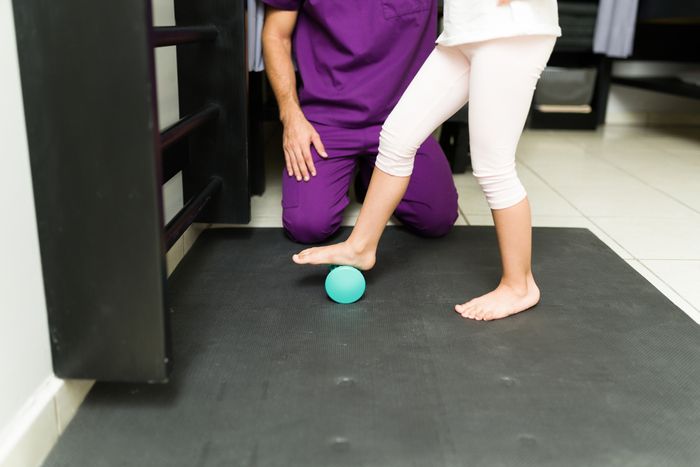Foot Health Blog
Find expert articles from physical therapists and podiatrists to help understand, diagnose, and treat different foot health issues such as plantar fasciitis, bunions, flat feet, and more.
Orthotics Comparison
Why a Quick Switch to Barefoot Shoes Can Make Plantar Fasciitis WorseYou have plantar fasciitis because your foot tissue is already damaged and needs support to heal. Barefoot shoes remove that support and force your injured plantar fascia to absorb all impact, making December 2, 2025













